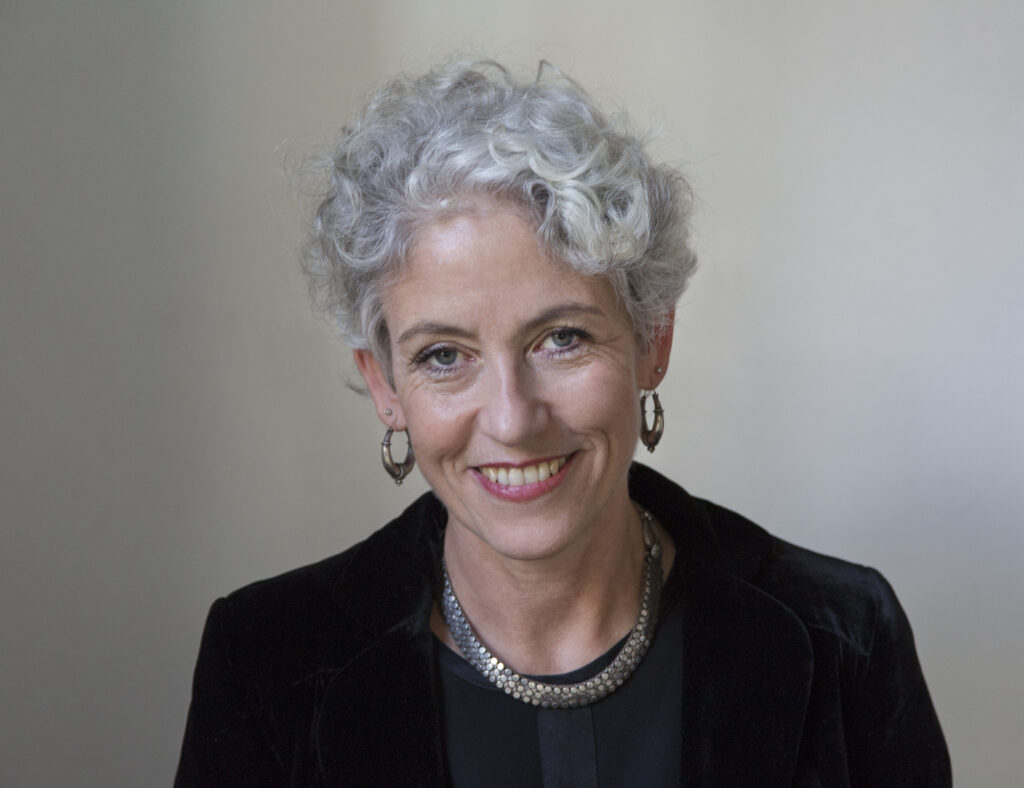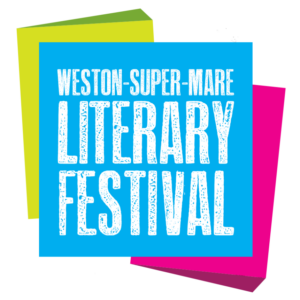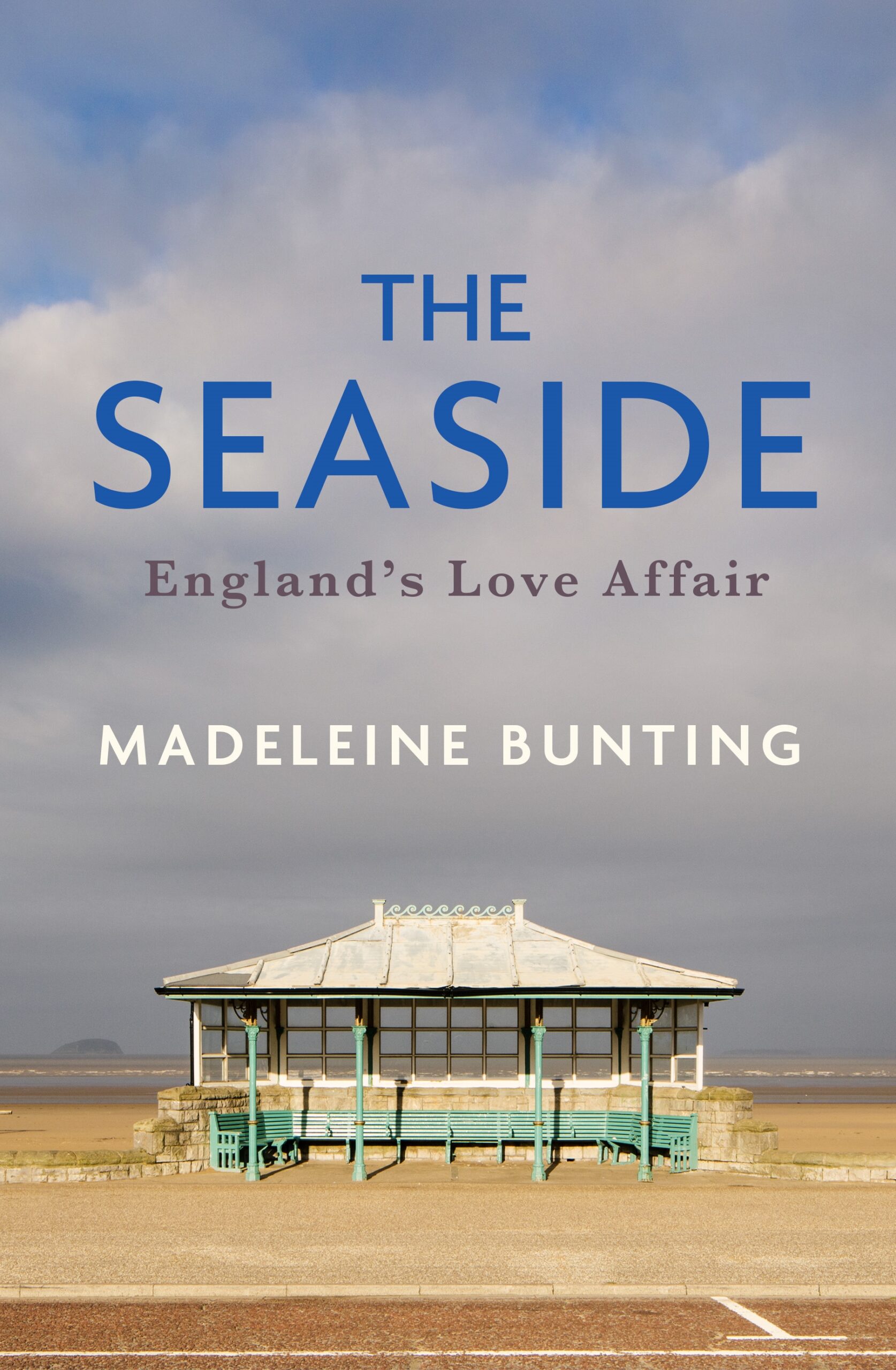Our Love Affair with the Seaside
By Rachel Hare
For many of us, childhood holidays meant trips to the seaside: paddling in the sea whatever the weather; sand between our toes and in our fish and chips; and colourful windbreaks and deck chairs as far as the eye could see. It wasn’t always sunny, but the memories are warm and affectionate, providing a treasure trove of shared family history which we dip into at gatherings and feel like we’re back on the beach. Do you remember the time that seagull stole Uncle Barry’s sandwich? Or when Gemma went rock-pooling and actually caught a crab?
Madeleine Bunting’s new book, The Seaside: England’s Love Affair, is rooted in this nostalgia. Speaking to Sam Leith in a podcast interview for The Spectator Book Club, Madeleine recalls primary-school trips to Scarborough, which was just a forty-mile drive from her home in the Yorkshire countryside but felt like a different world: ‘I can’t tell you how exotic and exciting and glamourous it was as a six-year-old to go to Scarborough’. Fifty years later, Madeleine began a two-year journey around the coastal resorts of England, from Brighton, Bournemouth and Blackpool to Weymouth, Whitby and (of course!) Weston.

Madeleine’s book also voyages through time. As she explains, seaside holidays began as medicinal retreats in the late seventeenth century, when ‘taking the water’ (or getting into the sea) was prescribed as a cure for all kinds of ailments. The influx of travellers began to change people’s idea of what the coast was, and what it should be. Previously thought full of danger and only inhabited by the fishermen families who couldn’t afford to live anywhere else, seaside towns became the place to be. As industrialisation brought rising wealth, coastal resorts built increasingly elaborate and luxurious architecture for leisure and pleasure. Madeleine observes that these landmarks were ‘able to offer a millworker a taste of a totally different way of life; [they] would be dancing in a ballroom that had more in common with Vienna than it did with anything resembling their home life’. While acknowledging the enduring love that many residents and visitors have for our coasts, Madeleine’s book also discusses the recent challenges that have faced seaside towns, including pockets of deprivation, degeneration and poor health.
As part of Weston Lit Fest, Madeleine will be interviewed by Dr Tamsin Badcoe, a Senior Lecturer in the English Department at the University of Bristol. Tamsin has fond childhood memories of Falmouth pasties and tales of shipwreck, as well as whole family outings to Blackpool where she was enchanted by the illuminations and the ‘pure magic’ of watching rock being made. Her academic research is fascinated by oceans and often explores in-between spaces such as coastlines, wetlands, islands, and sea travel.
Madeleine and Tamsin would love for you to join them at The Grand Pier, Weston, at 4pm on Sunday 8th October. With fish and chips on hand, you can listen to their conversation about seaside towns and what they tell us about Englishness, class, memory and ourselves. Tickets are ‘pay-what-you-decide’ and can be booked HERE.
Weston Lit Fest is produced by Super Culture in partnership with Weston-super-Mare Town Council and The Write Box.


